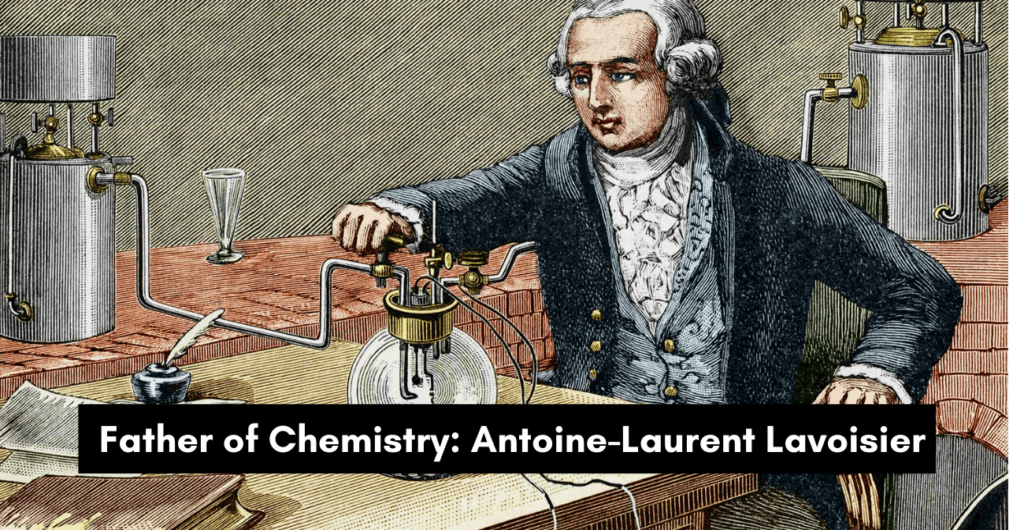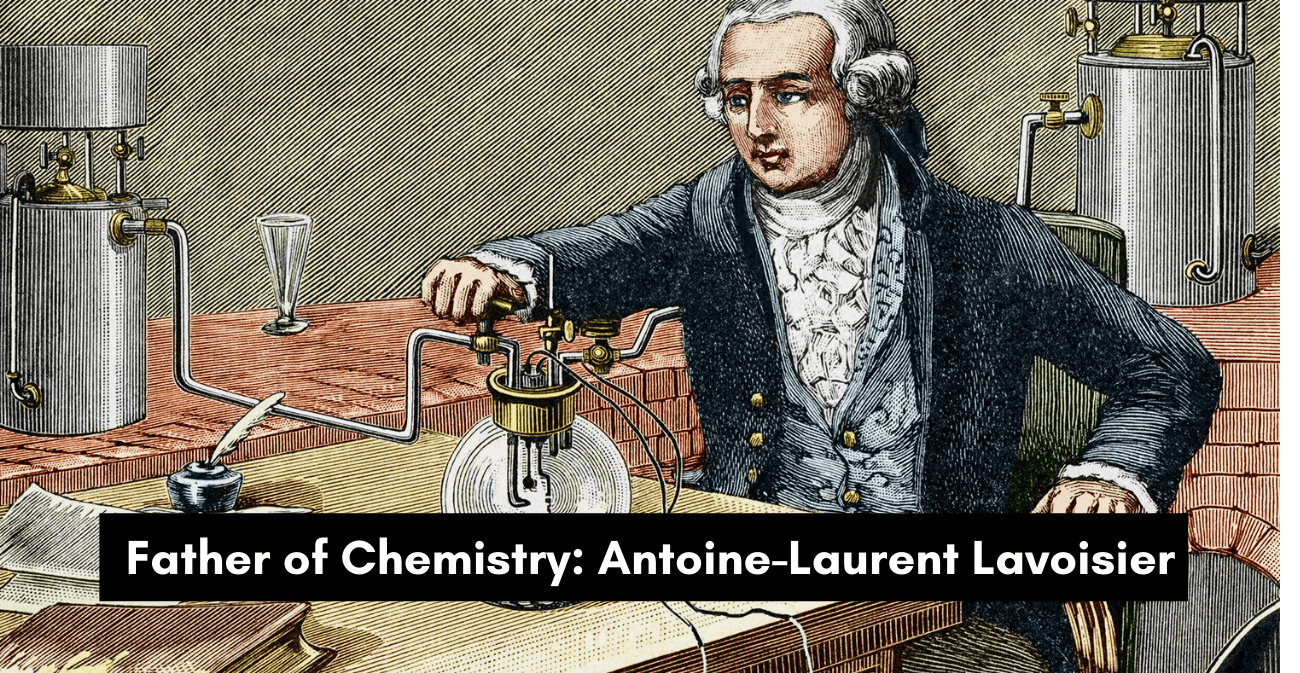
Introduction:
Who is father of chemistry: In the vast world of science, some individuals are notable for their pioneering efforts that have contributed important contributions to their disciplines. In the field of chemistry, one name is shining brightly: the Antoine-Laurent Lavoisier. He is often referred to for being the “Father of Chemistry,” Lavoisier’s revolutionary research revolutionized the knowledge of the chemical process. He established the basis for the modern chemistry we are to this day.
A Legacy for Antoine-Laurent Lavoisier Antoine-Laurent Lavoisier was a French philosopher, chemist, and nobleman born on the 26th of August 26th, 1743, located in Paris, France. His scientific pursuits covered many disciplines, such as chemistry, biology and Physics. But it was his groundbreaking contributions to the chemical field that earned him the prestigious name of the “Father of Chemistry.”
Lavoisier’s Revolutionary Discoveries:
- Law of Conservation of Mass Lavoisier’s most important contribution to chemistry was through his experiments which resulted in the formulation of the Law of Conservation of Mass. Through careful experiments, he proved that mass is not created or destroyed by chemical reactions but simply transformed. This fundamental principle established the basis for the evolution of modern chemical science.
- Identification of Oxygen Lavoisier played a key role in delving into how combustion works as well as respiration. He correctly identified and named oxygen as the primary element responsible for sustaining the combustion process and for sustaining the life of the. His experiments on combustion provided the foundation to understand the role played by oxygen as a catalyst in chemical reactions.
- Introduction to systematic Nomenclature: Lavoisier recognized the necessity for an organized way of naming chemical substances to provide clarity and order to the area of chemistry. He developed a logical nomenclature system based on elements’ properties and composition that became the basis of the current method of chemical nomenclature.
- The disproved Phlogiston theory: Lavoisier’s meticulous studies and meticulous observations led to the end of the outdated phlogiston hypothesis that believed that combustion was caused by a fictitious substance known as Phlogiston. This work set the groundwork for the evolution of a modern understanding of oxidation and combustion.
Honoring Lavoisier’s Contributions:
Honoring the Contributions of Antoine-Laurent Lavoisier’s legacy as the “Father of Chemistry” continues to invigorate generations of scientists and researchers across the globe. The relentless search for scientific truth as well as his rigorous experimental methods and breakthrough discoveries, revolutionized the field of Chemistry and set the stage for the future of chemistry.
In the wake of the extraordinary accomplishments of Antoine-Laurent Lavoisier, we must pay tribute to his legacy that he has endured and acknowledge his unmatched contributions to science. With his innovative ideas and unwavering dedication Lavoisier did more than just revolutionize the understanding of chemistry, and chemistry, but also laid foundation for the incredible advancements and innovations that shape the field to this day.
In conclusion:
Antoine-Laurent’s irresistible mark on the science of history confirms his place in history to be the “Father of Chemistry,” which is a title that sums up his remarkable contributions and long-lasting contribution to the science community. Let us be mindful of and celebrate his extraordinary legacy as we continue to unravel the mysteries of nature’s world and push the boundaries of our knowledge.
